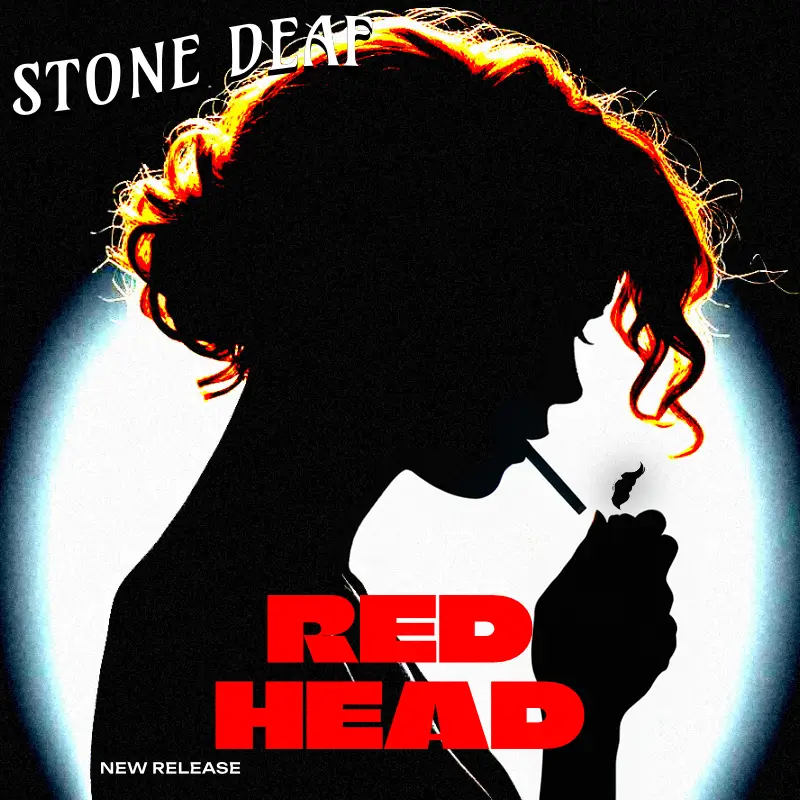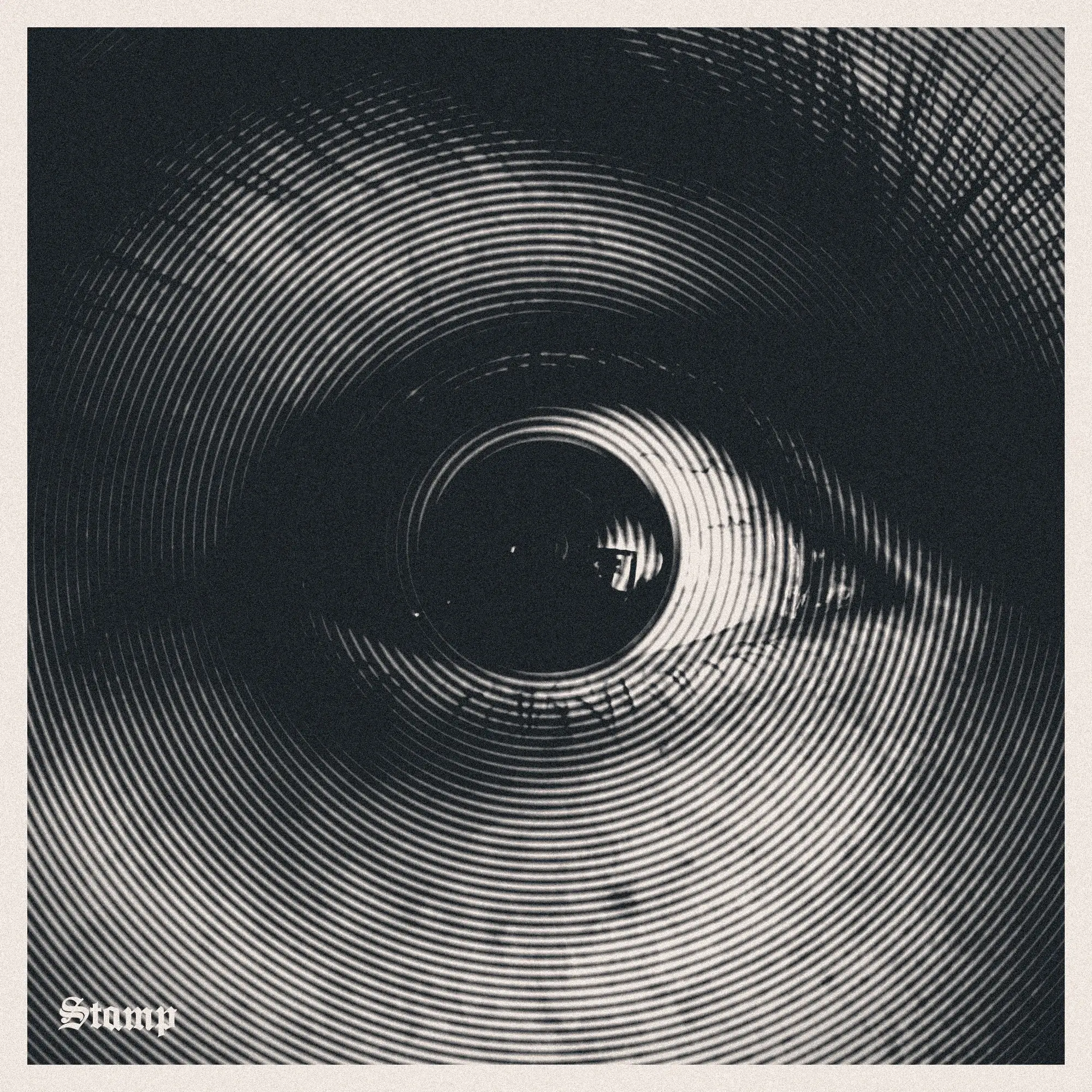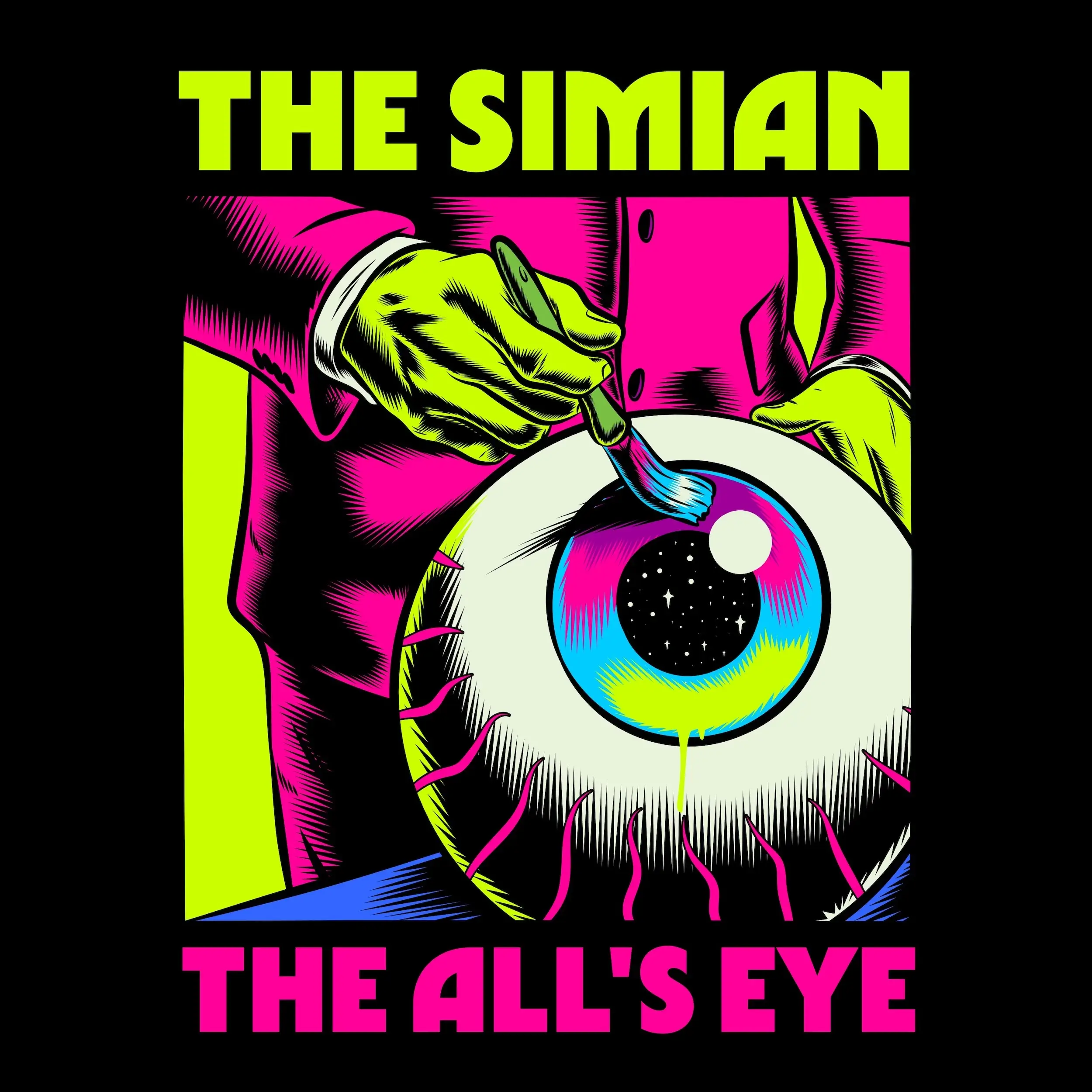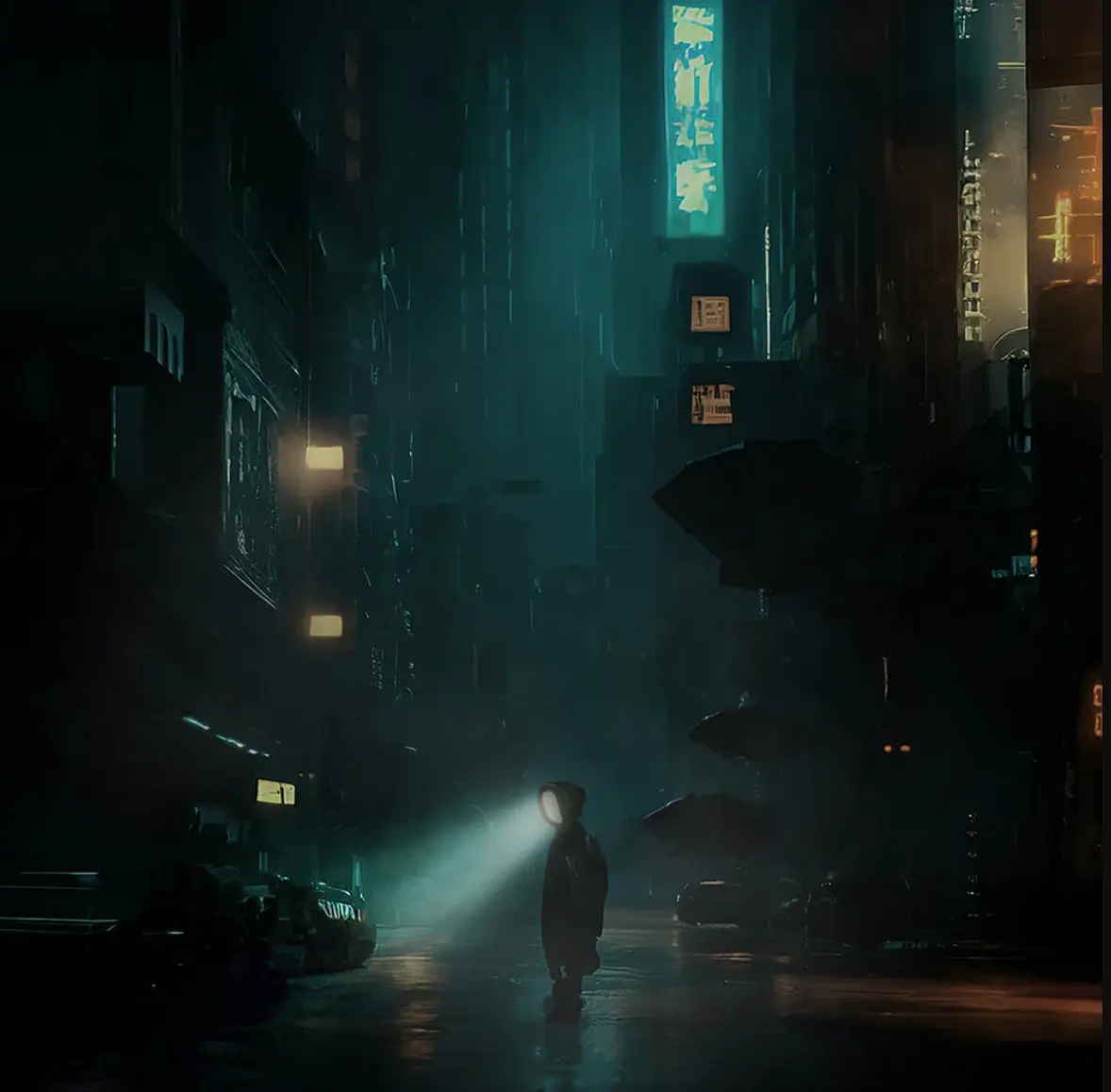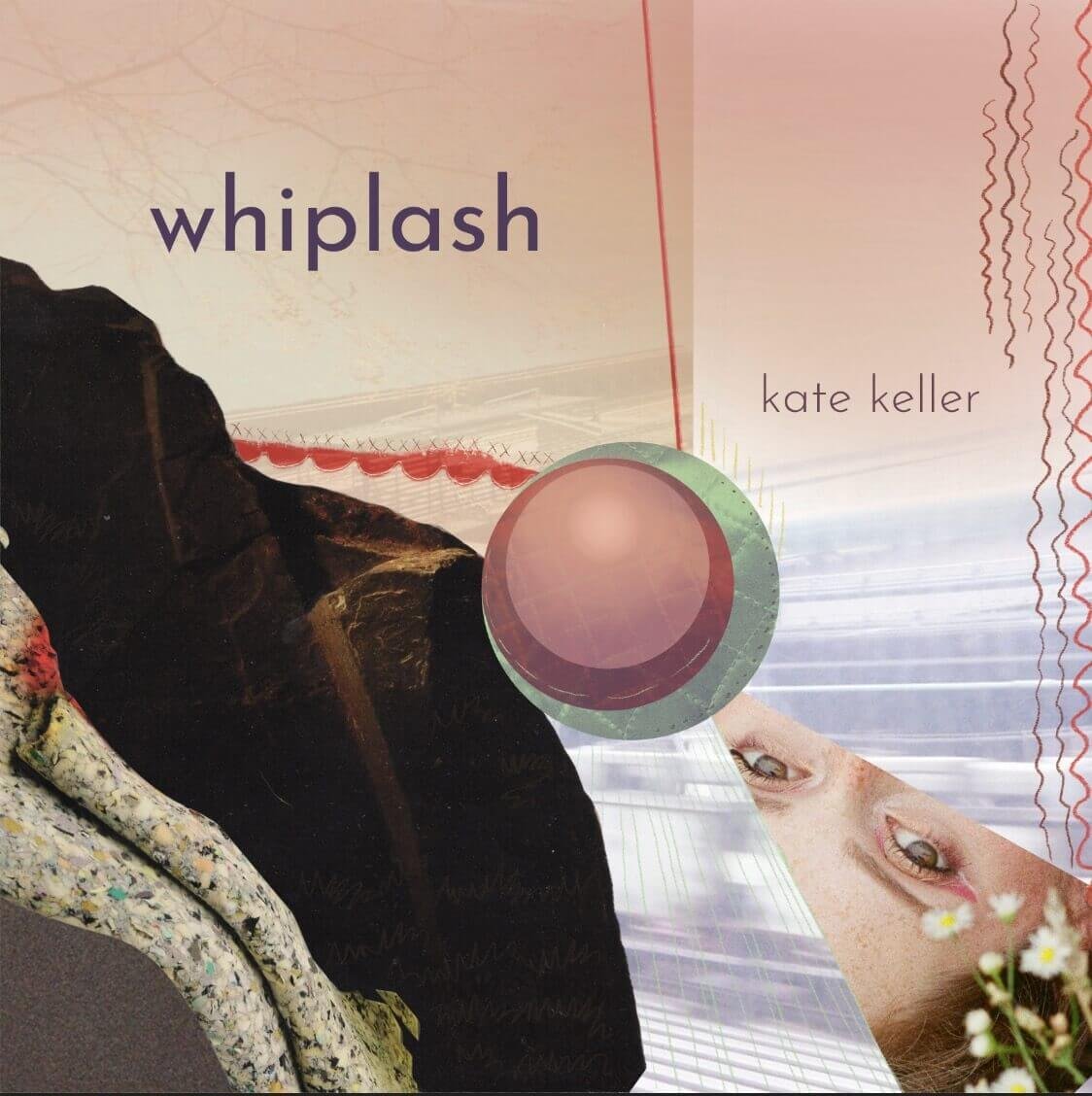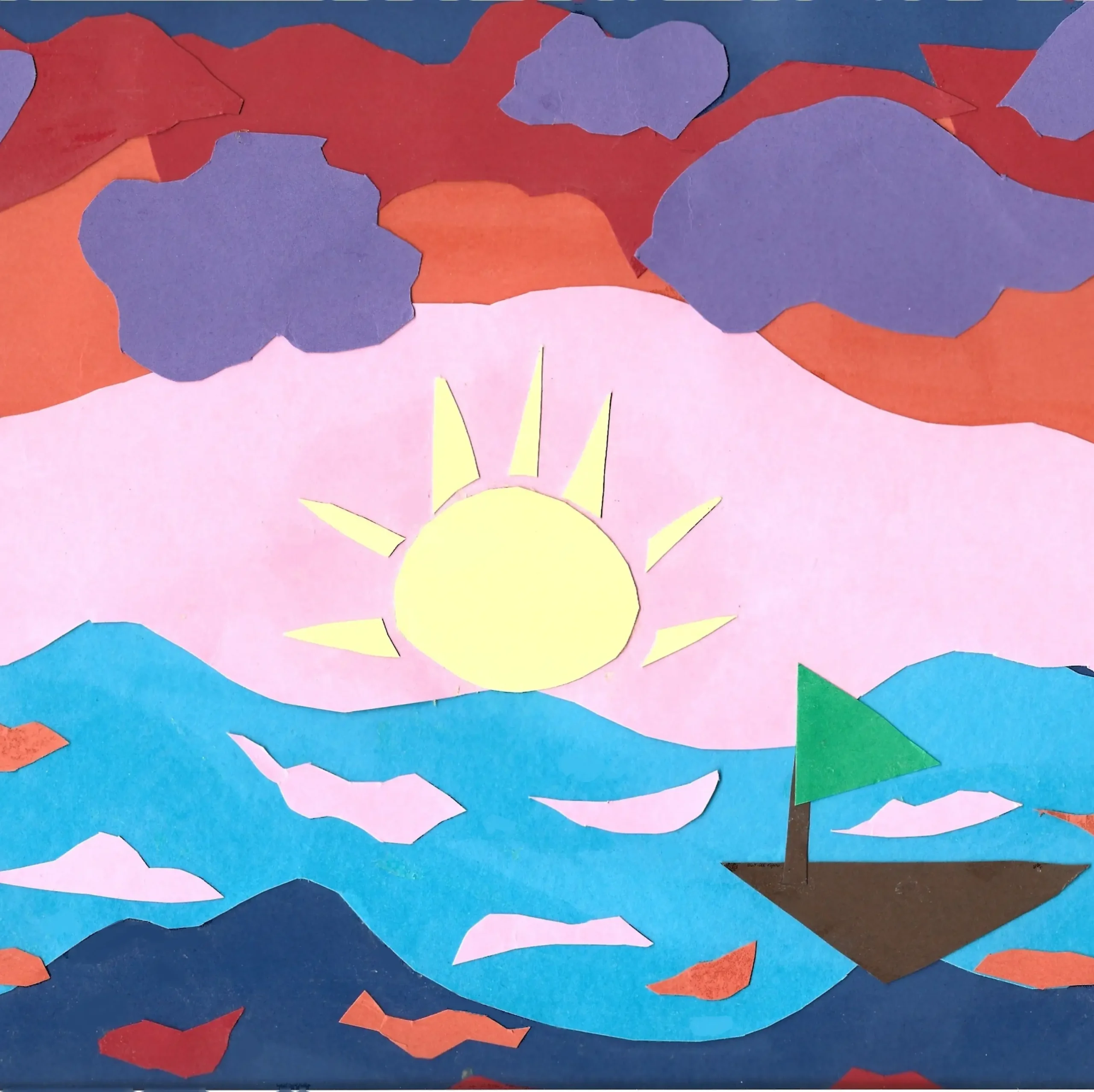Disguised cleverly as a collection of songs. It’s the kind of record that doesn’t politely shuffle into the background. Rather, it sits you down, stares into your eyes, and asks if you’ve really thought about the crushing absurdity of modern life lately. And when you say “yes,” it stares harder.
Sonically, The Silent Sea is absurdly well-done. The production is lush without ever getting self-indulgent about it — which is almost suspicious in a world where every bedroom pop EP now sounds like it was mixed inside a tin can filled with bees. Every sound here, from the brooding basslines to the world-weary guitar sighs, feels sculpted with the kind of care usually reserved for endangered artifacts or extremely pretentious sandwiches. It’s rich, it’s textured, and it breathes in a way that makes 99% of other albums feel like they’re suffocating under their own plug-ins. Somehow, Paul Cogley makes “patient sound design” feel radical, like not screaming into a megaphone is a bold artistic choice.

A list of my personal highlights include Lies, where Paul Cogley immediately establishes that yes, things are bad, and no, you’re not imagining it. Then there’s Searching For Signals, where Cogley somehow captures the exact emotional experience of trying to make sense of anything online without having a complete existential collapse. It doesn’t really “build” so much as it “slowly spirals into a very beautiful panic attack,” which, if nothing else, feels extremely accurate.
Lost at Sea finds Cogley leaning fully into that wonderful “what if existing was a mistake?” energy. It’s slow, it’s sorrowful, and it refuses to give you anything resembling catharsis. Drifting aimlessly never sounded this intentional. By the time we get to The Eye I Eyed, the record shifts from “the world is collapsing” to “oh no, so am I.” It’s an intense, deeply personal track that practically demands you sit there and think about your own emotional baggage. Thanks, Paul.
Another highlight comes in with The Dream Of White Horses, which is an absolutely gorgeous interlude that basically weaponizes nostalgia. It’s so fragile and wistful that it feels like it might disintegrate in your headphones if you breathe too hard. Imagine your fondest childhood memory, except halfway through you realize it was sad the entire time.
Later on, Analog Child steps up to deliver a deeply melancholy “remember when screens didn’t ruin everything?” moment. Instead of just shaking his fist at the cloud, Cogley dissects nostalgia itself, like someone slowly realizing their comforting childhood blanket is actually made of existential dread.
When we hit the track Time To Go, the album reaches its inevitable sigh of resignation. It’s not furious. It’s not even particularly sad anymore. It’s just a calm, knowing, exhausted “yeah, fair enough”; the musical equivalent of closing your laptop after reading literally any piece of news.
And finally for track highlights, there’s Moments, which gives the album a small, battered flicker of hope. It’s not some grand triumph. It’s more like the stubborn, tired knowledge that surviving, even badly, is still surviving. Which feels weirdly uplifting, if you tilt your head and squint at it hard enough.
In the end, Paul Cogley’s The Silent Sea is a shockingly cohesive, emotionally rich work that somehow makes being completely crushed under the weight of modern existence feel kind of beautiful. He skips irony, skips posturing, and just opts for sincerity; a move so genuinely rare these days it almost counts as performance art. It’s extraordinary, it’s depressing, and it’s kind of inspiring. Also, it sounds fantastic. What more do you want?
Follow Paul Cogley

A tenured media critic known working as a ghost writer, freelance critic for various publications around the world, the former lead writer of review blogspace Atop The Treehouse and content creator for Manila Bulletin.


